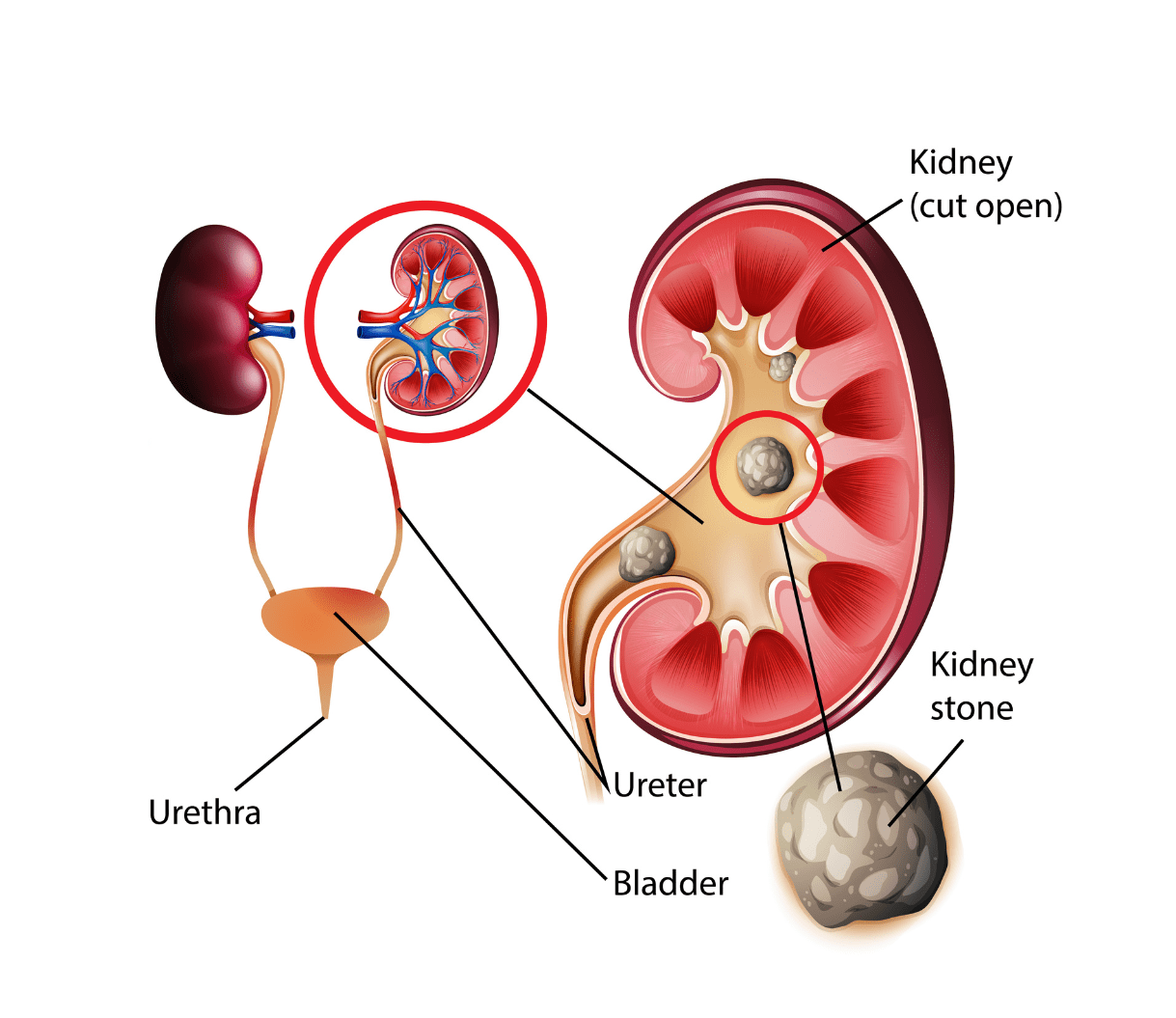
Get to Know Dr. Daniel Parker
An experienced urologic oncologist in Oklahoma City, Dr. Parker is committed to improving the lives of his patients.

Kidney stones are hard deposits made of minerals and salts that form inside the kidneys. Symptoms include sharp pain in the back and side, pain during urination, frequent urination, and blood in urine. Diagnosis is typically through imaging tests such as X-rays or CT scans. Treatments vary from increased fluid intake and pain management to more invasive procedures like shock wave lithotripsy, ureteroscopy, or percutaneous nephrolithotomy for larger stones.
Kidney stones can cause severe pain and discomfort when they move within the urinary tract. Symptoms include:

Kidney stones form when certain substances in urine, such as calcium, oxalate, and uric acid, become concentrated and crystallize. Factors contributing to stone formation include dehydration, high-protein diets, high-sodium diets, obesity, certain medical conditions, and family history. Inadequate fluid intake, certain medications, and dietary factors can also increase the risk of developing kidney stones.
Kidney stones can be treated with increased fluid intake and pain management for small stones. Larger stones may require medical procedures such as shock wave lithotripsy, which uses sound waves to break up stones, or ureteroscopy, where a scope removes or breaks stones. Percutaneous nephrolithotomy is a surgical option for very large stones, involving a small incision to remove them.

An experienced urologic oncologist in Oklahoma City, Dr. Parker is committed to improving the lives of his patients.
SOURCE: https://www.urologyhealth.org/urology-a-z/k/kidney-stones